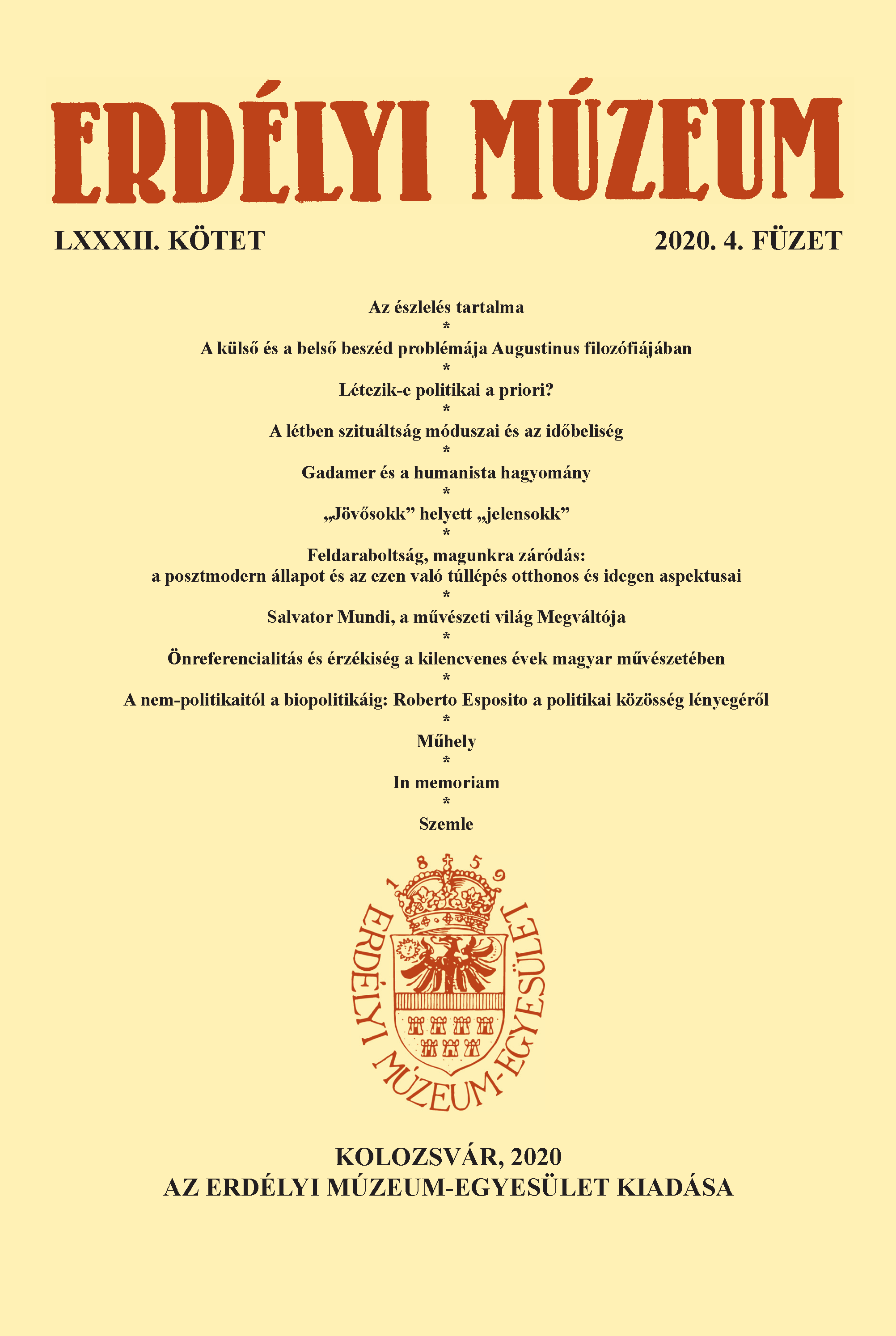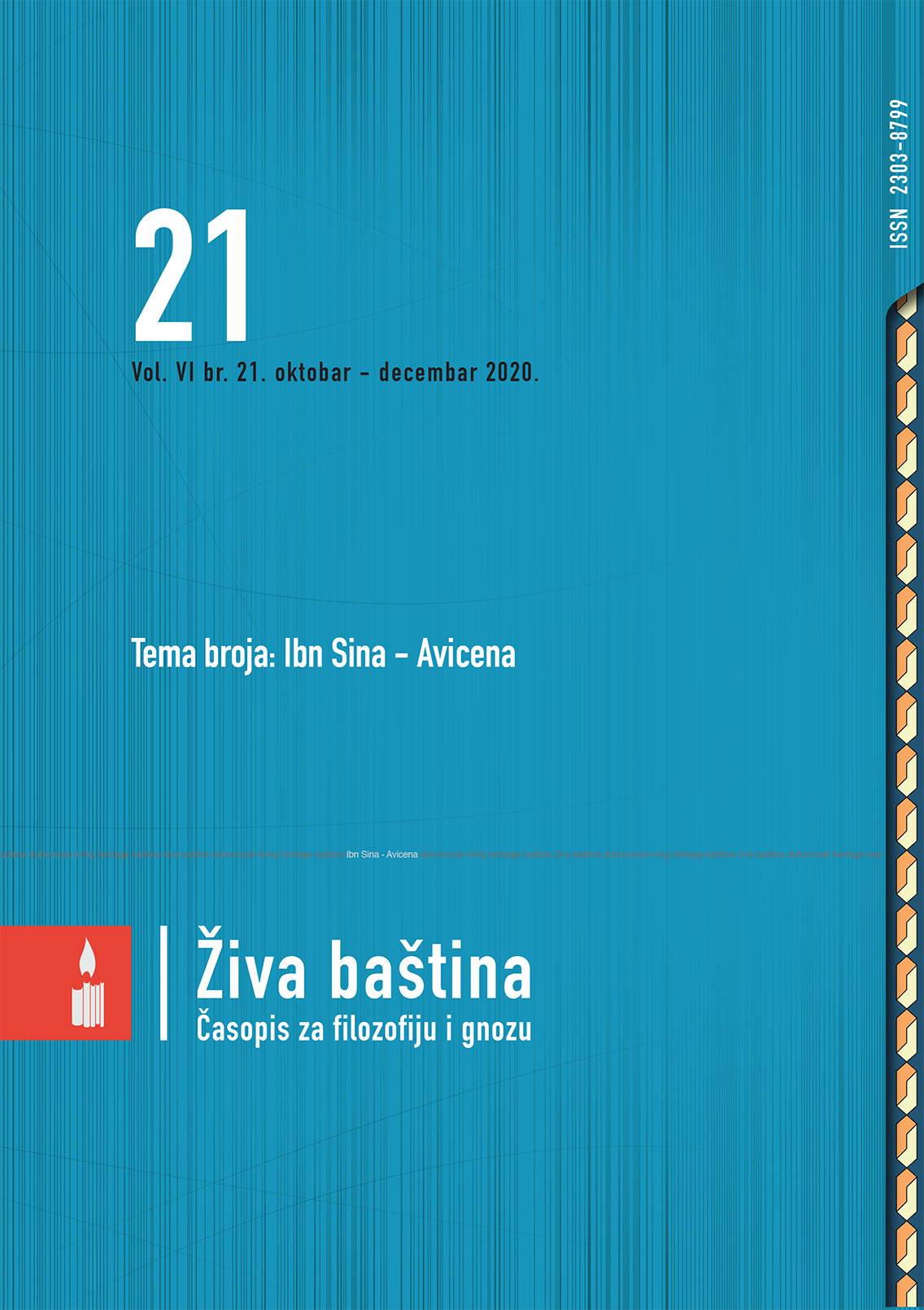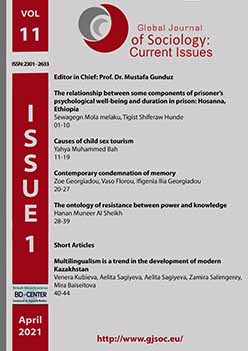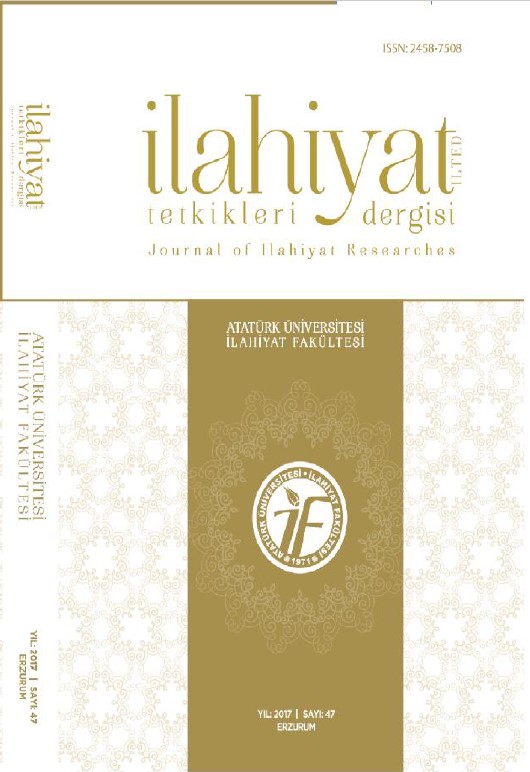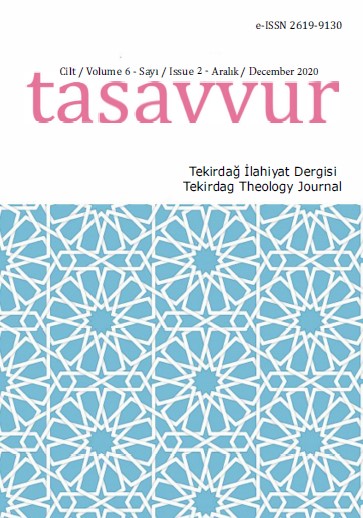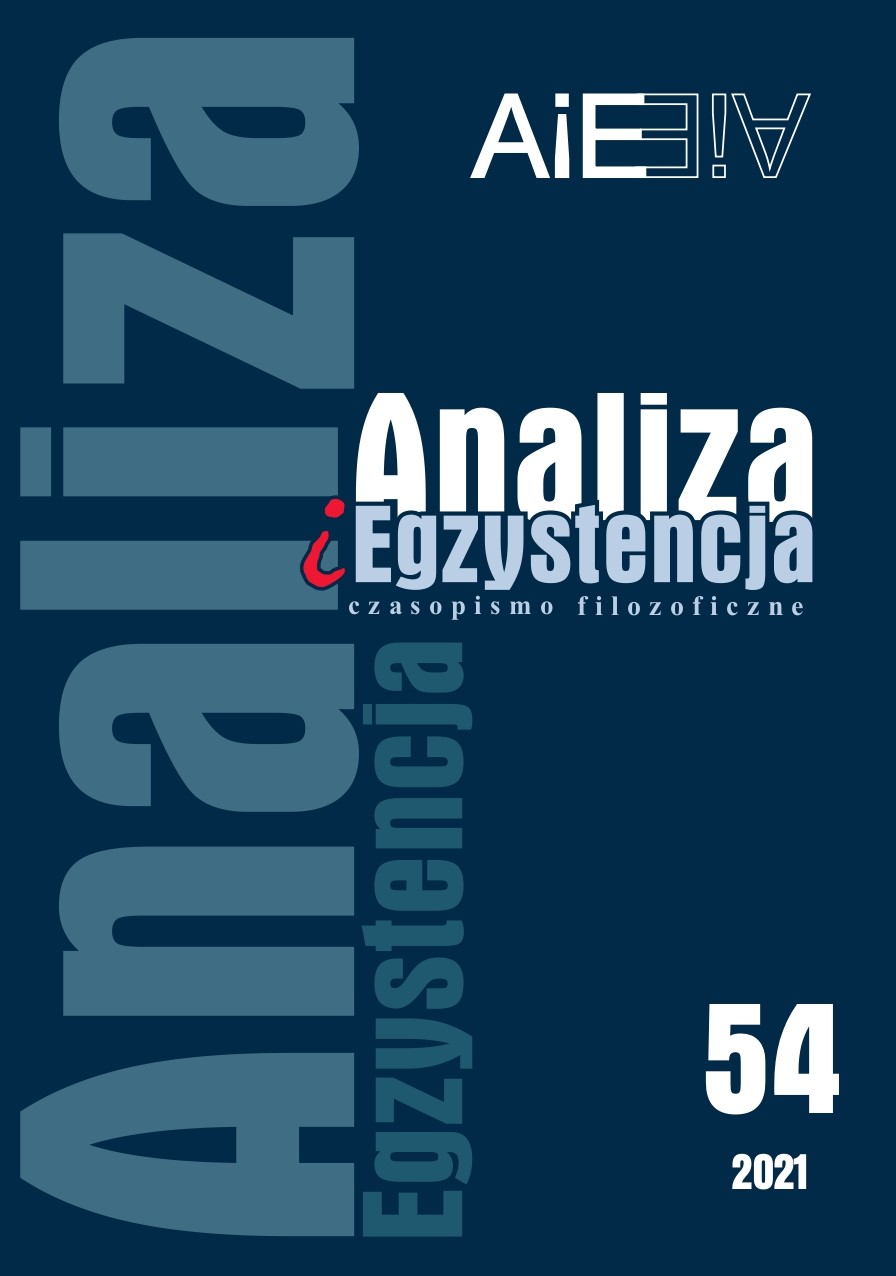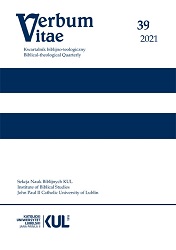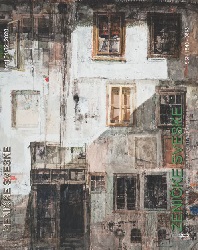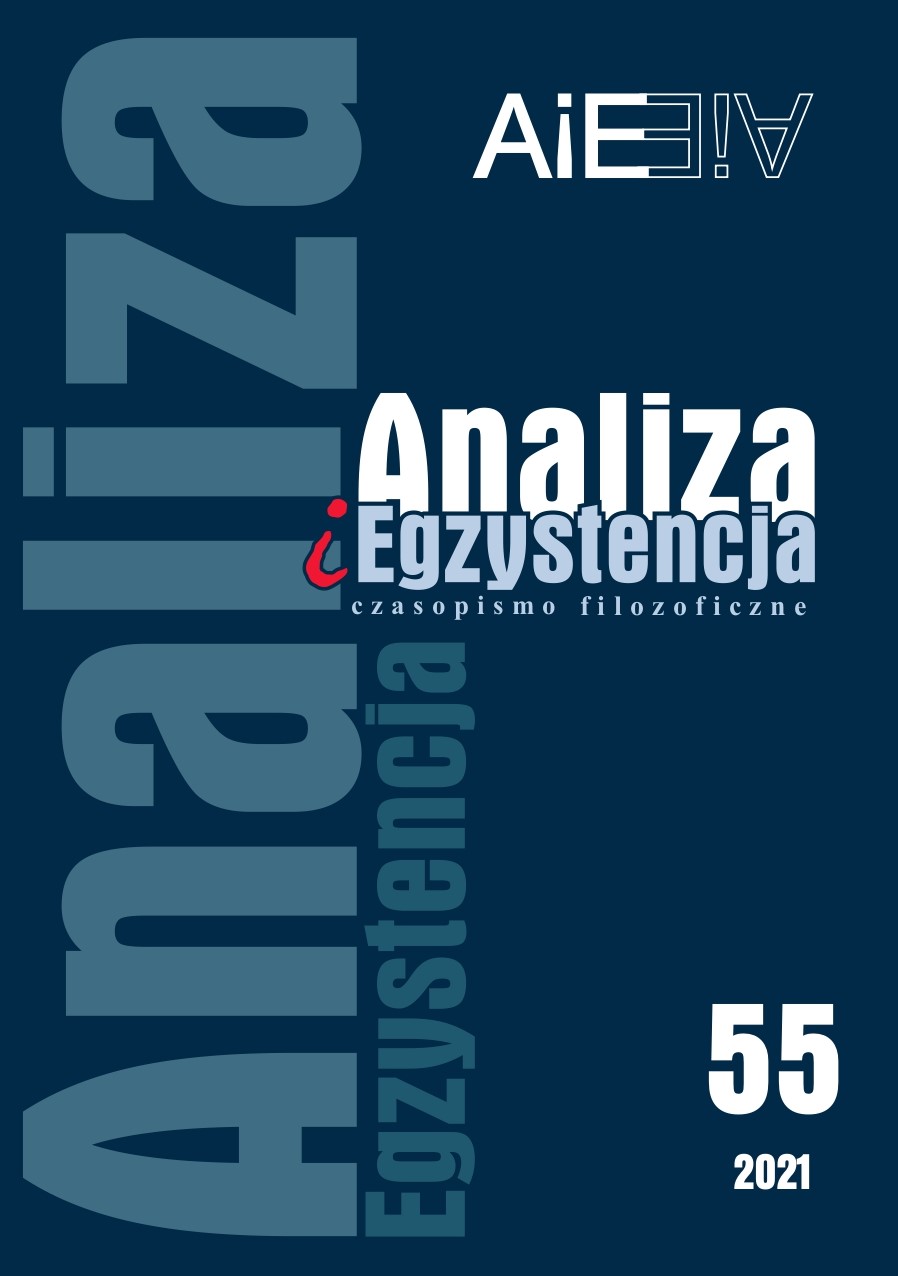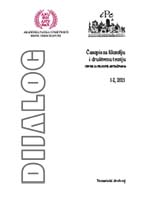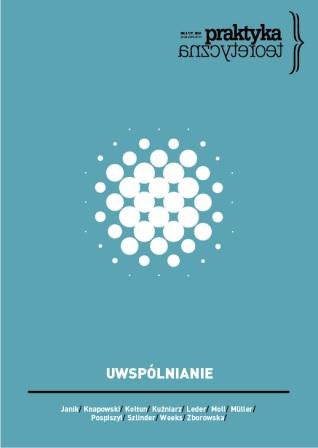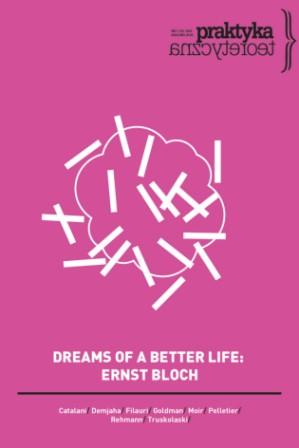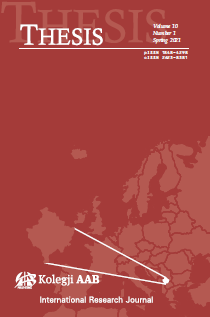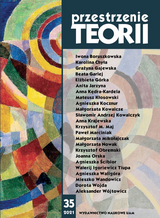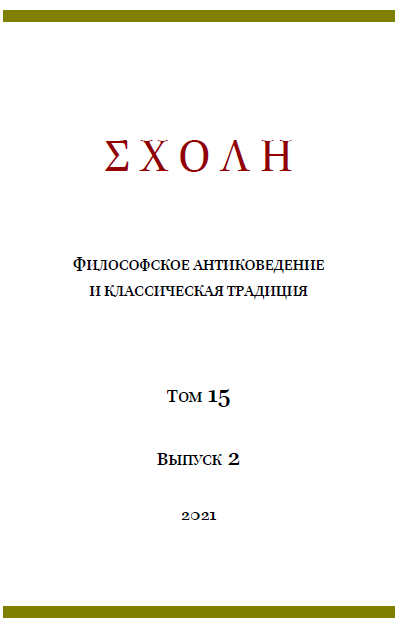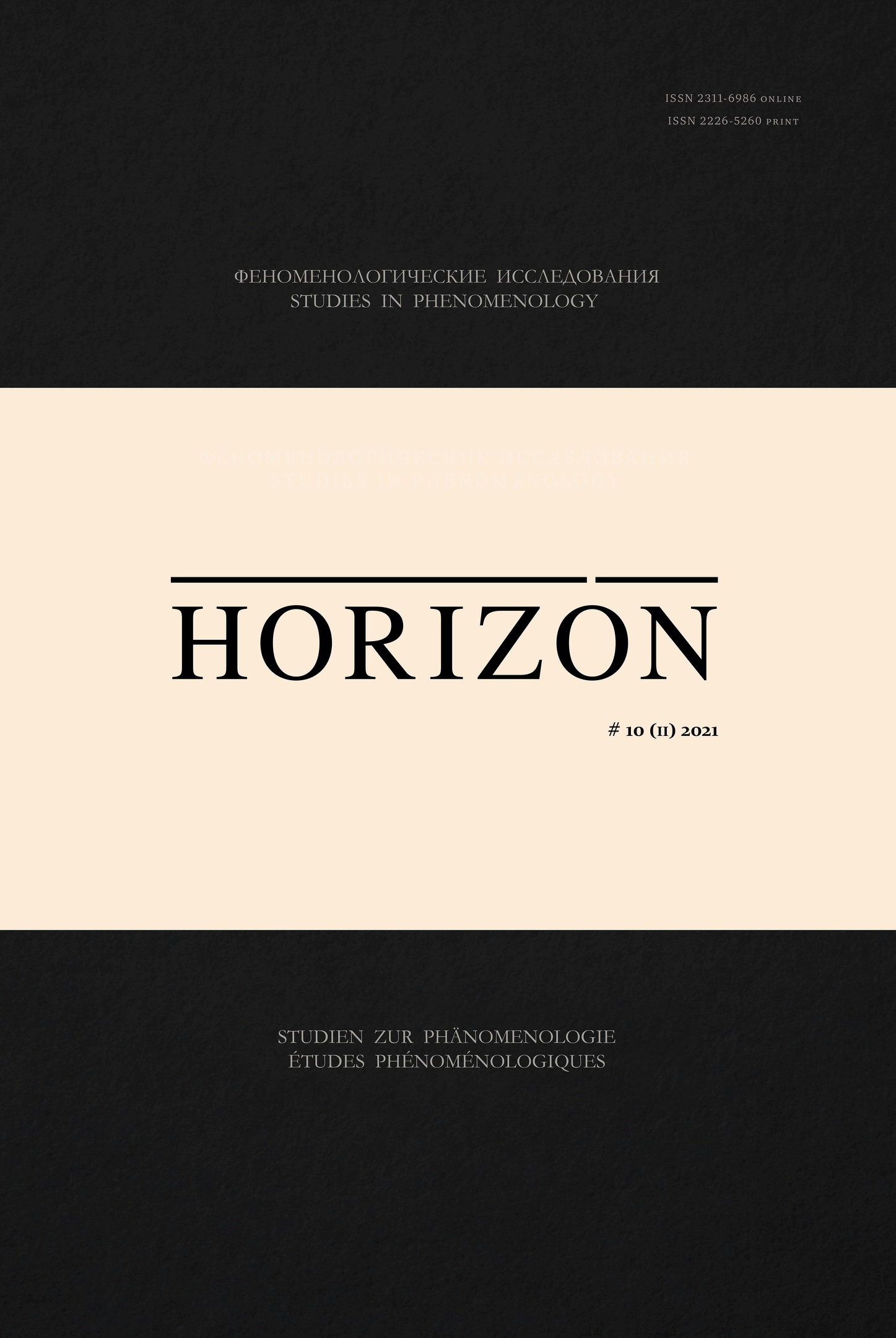Author(s): Giacomo Fornasieri / Language(s): English
Issue: 54/2021
This paper comprises two parts. The first part is an introduction to Auriol’s moderate conceptualism, as it is presented in his Commentary on Book II of the Sentences, distinction 9, question 2, article 1. The second part is an edition of the text. In the introduction, I focus on Auriol’s use of the noetic tool of connotation. My thesis, in particular, is that connotation is a necessary prerequisite to his moderate conceptualism. To this purpose, the first part of this introduction will be devoted to a brief presentation of Auriol’s conceptualism. In the second part, Auriol’s theory of essential predication will be presented. In the third part, I will present my claim that Auriol’s theory of essential predication can only be made sense of when read against the background of his theory of connotation as applied to intellectual cognition. Finally, I will offer a collation of Auriol’s Commentary on Book II of the Sentences, distinction 9, question 2, article 1, obtained by collating eight manuscripts, which hand down Auriol’s text, that is, Firenze, Biblioteca nazionale centrale, ms. Conv. Soppr. B.6.121, Firenze, ms. Conv. Soppr. A. 3.120, Napoli, Biblioteca nazionale, ms. VII.C.3, Padova, Biblioteca Antoniana, ms. 161, scaff. ix, Paris, Bibliothèque nationale de France, ms. latin 15867; Pelplin, Biblioteka Seminarium duchownego, ms. 46/85, Vaticano (Città del), Biblioteca Apostolica, ms. Borgiano 404, Vaticano (Città del), Biblioteca Apostolica, ms. Vat. lat. 942.
More...


